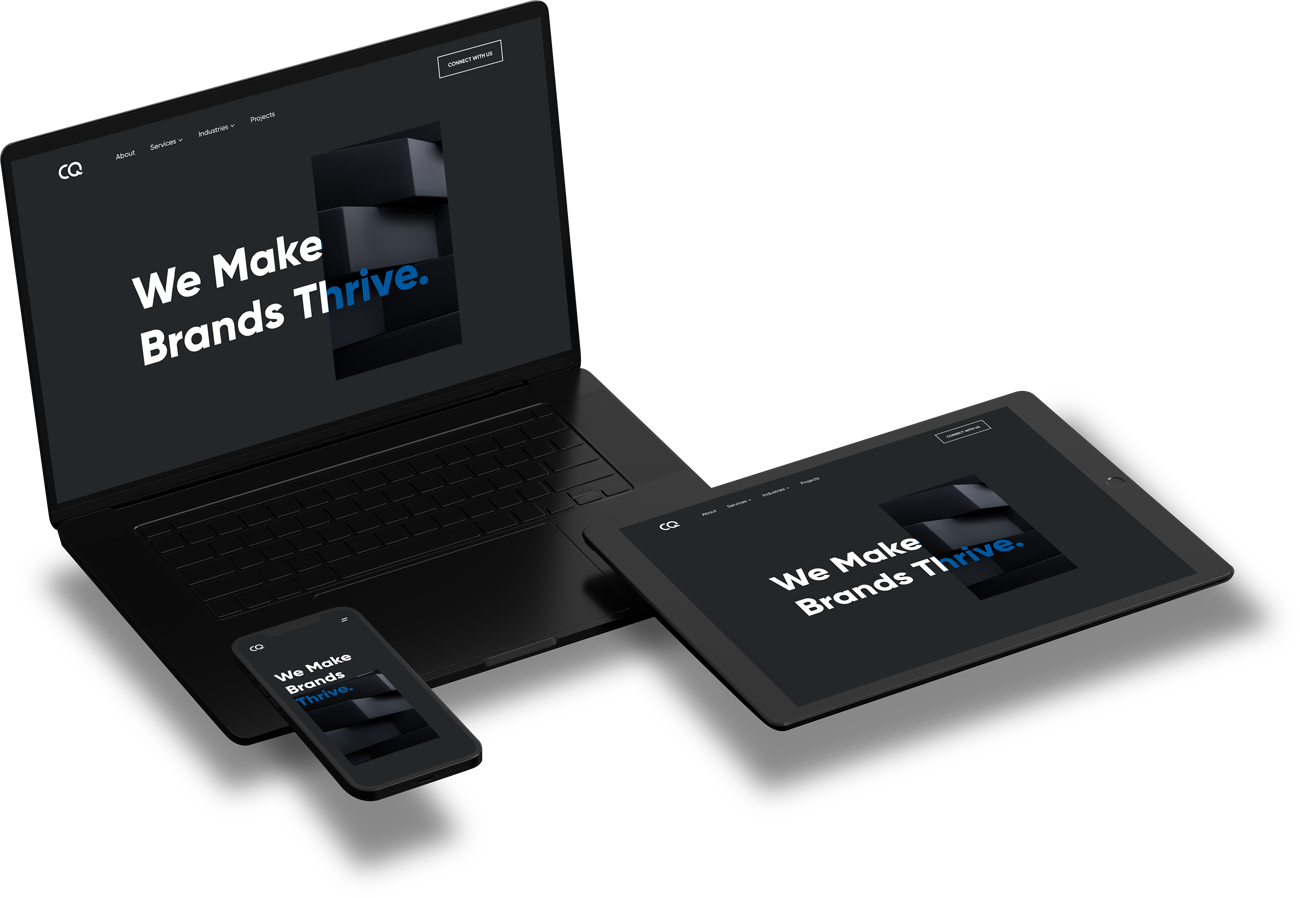 May 8, 2023
May 8, 2023

The expansion in mobile devices has significantly spiked the global demand for mobile apps. It has also increased the need for thorough mobile app testing. According to Statista, by 2025, the worldwide mobile app market is anticipated to generate 693 billion USD in revenue.
Testing a mobile app is more challenging than it might look. Testing apps across multiple platforms takes a lot of time and work. With millions of applications accessible across several app stores, there has never been a fiercer competition to stand out and offer a flawless user experience. Adopting solutions to address the issues in mobile testing is essential, especially given that end consumers are increasingly conscious of what they want.
Mobile app testing is an essential phase in the development process that verifies the quality, functionality, and performance of the app before reaching customers.
According to TechRepublic, 80% of customers decide to deactivate or uninstall an app if it doesn’t meet their expectations. This emphasizes the importance of providing a remarkable user experience that meets and surpasses user expectations.
Excessive disk space use is a big problem that might cause program abandonment. Dot com info way reports that about 50% of users often remove an app if it uses excessive storage on their smartphone.
In addition to the points mentioned above, here’re some of the key factors that highlight the significance of mobile app testing:
Testing aids in locating and fixing bugs, flaws, and faults in the software, guaranteeing a seamless and trouble-free experience for users.
Mobile devices come in various designs, dimensions, and operating systems. Software testing guarantees that the software works properly across all platforms, devices, and screen resolutions, ensuring a consistent user experience.
Problems with performance, such as long loading times, crashes, or excessive battery use, can negatively affect user engagement and retention. The performance of the app is improved through thorough testing.
App testing identifies vulnerabilities, evaluates data encryption methods, and ensures that it meets security standards, protecting user data from potential attacks.
Every app must first fulfill strict requirements before being approved into an app store. Testing aids in ensuring that these requirements are being followed.
The existence of several methods and tools for testing apps is one of the significant challenges for testers. It can take time to predict the advantages and disadvantages of any strategy beforehand.
Let’s look more closely at the primary difficulties experienced by mobile app testers and the corresponding solutions.
A significant difficulty arises when attempting to ensure app compatibility across numerous platforms due to the abundance of availability of mobile devices and operating system versions. Developers are expected to develop smooth-running, compatible apps that can work across different versions of the same operating system (such as Android, iOS, Windows, etc.). However, the list of devices for which apps need to be tested is bloated with too many models and variant device configurations. As a result, testers face a serious compatibility challenge. They must try across various platforms, screen sizes, and OS versions.
Ensuring app compatibility across different platforms might be challenging, given the wide variety of mobile devices available today. Utilizing test automation tools and frameworks will provide the answer. This method allows extensive testing and guarantees that the software works appropriately across various screen sizes, resolutions, and operating systems.
For an application to be accepted, following the rules and specifications established by app stores like the Google Play Store and Apple App Store is essential. Before submission, testers must make sure the software complies with all standards.
It’s critical to have solutions in place to guarantee application store compliance because the constantly changing nature of these rules might require more work for developers. Create an efficient process that includes application store compliance checks during the development and testing stages. Testers may spot compliance problems early and fix them, lowering the chance that their apps will be rejected or taken down from app stores by including compliance checks in the development process.
The availability of several network configurations, such as 3G, 4G, and Wi-Fi, has dramatically increased the dependency of mobile apps on these network environments. For a flawless user experience, testing the app’s dependability and performance under various network scenarios is essential. The relevance of testing mobile apps in offline modes is crucial because this is when users might wish to access functionality.
Different types of network settings are used by mobile apps, such as 4G connections with fast speeds or 3G or Wi-Fi that seldom operate. Using network simulation tools, testers may simulate several network situations and assess the app’s responsiveness and performance under each one.
Strong security measures are essential since mobile app development manage sensitive user data. The testing team for mobile apps faces significant obstacles due to security issues. Although private cloud-based app testing platforms like Lambda Test are safe, app developers frequently have several worries. Testers must discover possible vulnerabilities and conduct thorough security testing to prevent unauthorized access to user data.
Testers should carry out thorough security testing. This entails locating possible weaknesses, carrying out penetration tests, and guaranteeing the adoption of robust security solutions.
Localization testing is essential for worldwide apps aimed at various countries. Validating that the language, cultural nuances, date styles, and currencies of the app are appropriately adjusted to the intended audience is part of this process. Testing for localization may be a complicated procedure. Consolidating data based on multiple geographic locations, customizing the app for different target groups, obtaining proper translations, and—most importantly—testing the app on actual browsers and hardware.
It is crucial to work with localization specialists knowledgeable about the target market’s language, culture, and tastes. They may assist in verifying the localization of the software, including language translations, currency symbols, and date formats.
The custom mobile app development is the new normal in the app industry. Developing different types of mobile applications is a fantastic approach to boosting brand recognition, attracting new clients, and improving the user experience for existing customers. Due to the wide range of mobile apps, testers must evaluate many mobile app categories, which often include:
Mobile apps are available in various ways, including social media sites, e-commerce platforms, gaming programs, and more. The needs and difficulties vary depending on the type of app. To tackle this challenge, testers should use specialized testing techniques based on the app’s functionality and intended user base.
Regression testing gets difficult when mobile apps are updated with the latest features. Testers must ensure that new upgrades don’t break existing functionality or add defects. Regression test suites that cover essential elements and use cases may be developed using automation technologies. This makes it easier to immediately and accurately detect any regression problems.
Testers can perform regression testing effectively by implementing test suites that cover necessary app functionality and use scenarios. Testers may investigate new functions and maintain current features’ reliability by automating repetitive tests.
Apps for mobile devices must be able to smoothly manage interruptions like incoming calls, notifications, or battery-saving modes. It is crucial to make sure the software responds to these disruptions effectively and elegantly continues its operation when the interruption is addressed. Testers must mimic these disruptions to guarantee the software returns to its function without hiccups.
During the testing phase, do interrupt testing, which entails simulating different interruptions, such as phone calls, alerts, etc. Testers can evaluate how the app reacts and ensure it continues functioning without interruption by simulating these scenarios.
It’s crucial to be aware of mistakes frequently made while testing mobile apps since they can undermine the efficacy of the testing efforts. Here are several errors to keep away from.
Insufficient test coverage and haphazard testing might result from a lack of a defined test strategy. The many test kinds, testing settings, tools, and cases you’ll cover must all be planned.

Mobile apps frequently need to support several OS types and platform types, including iOS and Android. Failure to test on various OS and platform versions might result in compatibility problems and a bad user experience on specific devices.
Neglecting performance testing can lead to sluggish responses, high resource utilization, and crashes, negatively impacting user experience. Test an app’s performance under various circumstances, such as low battery, little memory, or much CPU activity.
It might be a mistake to rely entirely on simulators or emulators without also testing on actual hardware. Finding device-specific problems requires testing on a variety of genuine devices.
Mobile devices contain special features like GPS, cameras, accelerometers, and more. Lack of testing of the app’s performance with specific device-specific capabilities may lead to unforeseen issues or insufficient functionality.
Measuring each app’s functionalities separately is insufficient. Navigation, interruptions, multitasking, and background processes are just a few examples of how users engage with the program.
Sensitive user data is frequently handled by mobile apps. Failure to do adequate security testing may leave openings that attackers may exploit.
At first glance, mobile testing may appear to be relatively simple, but as you learn more, you’ll realize that it takes a lot of effort to make sure every developed app works flawlessly on hundreds of different devices worldwide. Developers and testers may get around these issues by putting into practice practical solutions, including conducting testing on actual devices, using performance testing tools, maximizing battery life, and automating repetitive tests. The testing of mobile apps will face new challenges as the market for mobile apps develops. Therefore, staying updated with cutting-edge technology, testing techniques, and best practices will be essential.
Organizations can secure the delivery of superior mobile apps that satisfy user expectations and propel success in the cutthroat app market by investing in extensive testing procedures and implementing creative solutions.
1. Why is testing mobile apps important?
Testing is essential to guarantee mobile applications’ high functionality, security, and performance. It assists in locating and resolving problems with network unpredictability, user interface, security flaws, performance optimization, and other difficulties. A flawless user experience and increased trust for the app in the cutthroat app industry are both ensured by effective testing.
2. What is the future of mobile app testing?
Automated testing, machine learning, and artificial intelligence are projected to make significant progress in the testing of mobile apps in the future. These technologies may improve the testing process through automated test case development, intelligent problem identification, and the provision of insightful data for app enhancement.
3. Can mobile apps be tested without a testing tool?
Even while employing testing tools can increase productivity and accuracy, testing mobile apps is still doable without them. Using manual testing techniques like exploratory tests, test case generation, and defect tracking is still possible. However, testing frameworks may significantly speed up the testing procedure, enable automation, and give thorough test coverage.
4. How can I make app testing cost-effective?
Prioritizing testing efforts following crucial features, target users, and market expectations is necessary to manage mobile app testing within a tight budget. Using open-source testing tools, cloud-based testing platforms, and efficiency-enhancing testing procedures are cost-effective strategies testers might use.
5. How can I perform app testing for apps with complicated backend integrations?
A precise testing method is necessary to test mobile apps with intricate backend interactions. Testers need to design test scenarios that include a variety of backend interfaces, including API requests, data synchronization, and authorization processes. They must examine the system’s efficiency in various backend scenarios and evaluate data correctness, handling of errors, and system management.
